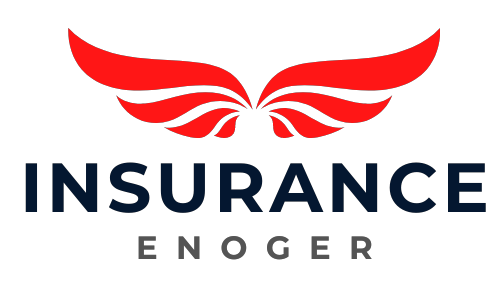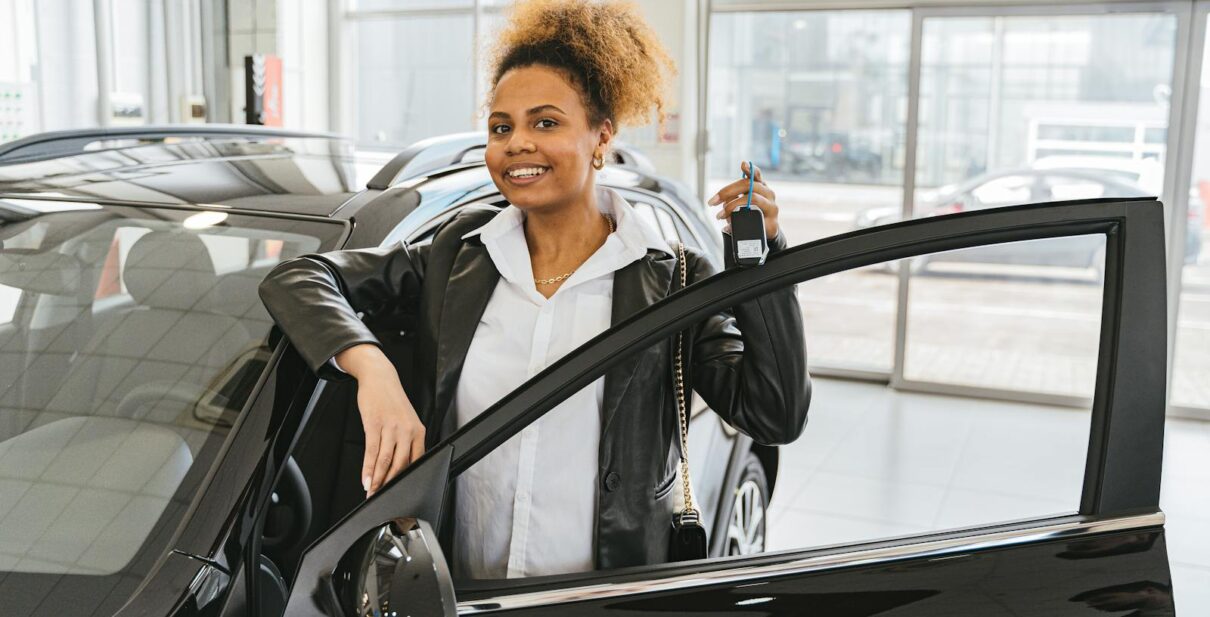Buying a car becomes exciting as well as scary, especially when you are trying to save everything under the sun; be it busy Sydney streets or laid-back Perth suburbs, buying a car can become too much to handle. But careful planning and a little strategy could help you find the perfect vehicle without putting you down financially. Here, in this article, you will find an almost exhaustive guide for Australians.
Understanding Your Financial Landscape
Budgeting for a new vehicle begins with some serious soul-searching into your financial landscape. This involves more than simply knowing the numbers in your paycheck: it means knowing the ins and outs of all your monthly expenses, savings, and debts. Start with calculating, or estimating if you’re not sure, your net income after taxes and subtract all essential monthly expenditures like rent or mortgage payments, utilities, groceries, and loan repayments. Now it should be very clear how much money you have left for a car.
Cars have a lot more costs than the purchase price-i.e., you must include registration fees, insurance, maintenance, and fuel costs. Such recurring costs can build up fast; hence, you must include that factor into your car budget. As a rule of thumb, total expenses on your car and related activities must be kept under 10%-15% of your after-tax income. That way, you will be able to afford the vehicle without straining your finances. If you’re unsure where to start, consider consulting an independent financial planner who can help tailor a budget that aligns with your financial goals.
Know Your Options
Once you have a clear budget in mind, it’s time to start doing research. The Australian car market is incredibly diverse, with offerings including compact city cars, full-scale SUVs, brand-new vehicles, and pre-owned hidden treasures. First, consider what kind of vehicle will work best for you: are you an urbanite needing a small fuel-efficient commuter, or do you have a family and need a big SUV for weekend trips?
And if you think the research is done, it could barely start. New cars come complete with the latest features and a full warranty, but depreciation happens quite fast and thick. That is to say, as soon as they are driven off, a huge chunk of their value automatically diminishes. Used cars, on the other hand, could cost more upfront but can be much cheaper in the long run, especially when a buyer is willing to dig deeper into research. Websites like Redbook and CarSales provide very beneficial information when it comes to the understanding of market value between different models.
Also, try to check for those tax credits or rebates available from the government. An illustrative case in point is that of tax credits for electric vehicles sponsored by the AU as well as other possible state programs that would assist first-time buyers to help finance their fuel-efficient vehicles.
The Importance of Insurance
Car insurance is an obligatory expense in Australia, and it varies widely depending on the kind of vehicle that one picks. Before opting for car insurance, one should think about getting multiple quotes from various insurance providers. That will give a clearer picture of all the different ongoing costs one should account for in their budget. Some insurers give discounts for good-qualified drivers, low-mileage vehicles, or even paying annual premiums as opposed to monthly. Enquire from your insurer on how to go about these options to have the best deal.
Saving for Your Purchase
In an ideal world, just by saving money, one would be able to make a cash purchase of the automobile. It may seem unreal, but it might save a dollar or two in the long term by not incurring interest charges on the loan. Set aside a dedicated savings account for the car fund, and make as many deposits, no matter how small, as possible. For example, if one can save $100 weekly, that would add up to more than $5,000 in a year.
Look for other ways to add to your savings. It could be a side hustle, selling items that aren’t used anymore, or cutting back on some expenses that aren’t necessary. Every little helps, and the sooner you can reach your savings goal will mean fewer days worrying about car payments.
Negotiate Shop around
Even if it comes to that time when you will purchase, never hesitate to negotiate. Most of the time, the dealers will have some offerings in their rates, and a little bit of haggling may save you thousands of dollars. Do research before heading into the dealership on what a vehicle should cost. Good estimates of the money that should be in line are found on websites like Redbook and CarSales. Many car dealerships in Brisbane offer their finance options. To find the best deals on car loans Brisbane, start by exploring what local dealerships have to offer.
Compare prices and deals around different dealership and spotless comparison-shop. Not being afraid to walk away is a great technique when you feel a good offer is not coming your way. Remember the value most for your money spent dollars. And in the unfortunate incident you purchase a used car, ensure you pay for a history report of that vehicle. This will give you insight into any past accidents or problems that the car has had. A reliable used car can be quite a deal only if it’s in good condition.
Used-to-new Cars
For most Australians, the best option for buying a new car would be to buy a used one. Normally, a used car costs a lot less than a new car, for the most part, they tend to have lower insurance rates. They also have to be checked and prepared carefully, though, and be prepared to do research, because they usually have always much more exposure to having a substantial history and not having had the right motoring community back. Service records and low mileage can also be advisable to watch out for. If you can, especially for more dodgy ones, have a trusted mechanic inspect it for pre-purchase inspection.
Used cars also provide good pictures of cars under warranty. Cars that are warranty-left for a few years normally still have some remaining warranty time, which gives confidence and protects against incurring unforeseen repair costs. Great starting places to search for used cars in Australia are CarSales and Trading Post.
Final Thoughts
Buying a vehicle means a huge investment, but with good planning and research, one can purchase that perfect car at a price that is easy on the pocket. Know how much money you have at your disposal and establish a reasonable budget. Do thorough research in terms of what your options are and then make sure to consider the new and used markets and all the associated costs, including insurance, plus all the ongoing expenses. Save as much as you can to avoid unnecessary debt, and don’t be afraid to negotiate and shop around for the best deal.
Get into the habit of doing all these things, and before you know it, you’ll have your vehicle in good condition. Happy car hunting!





